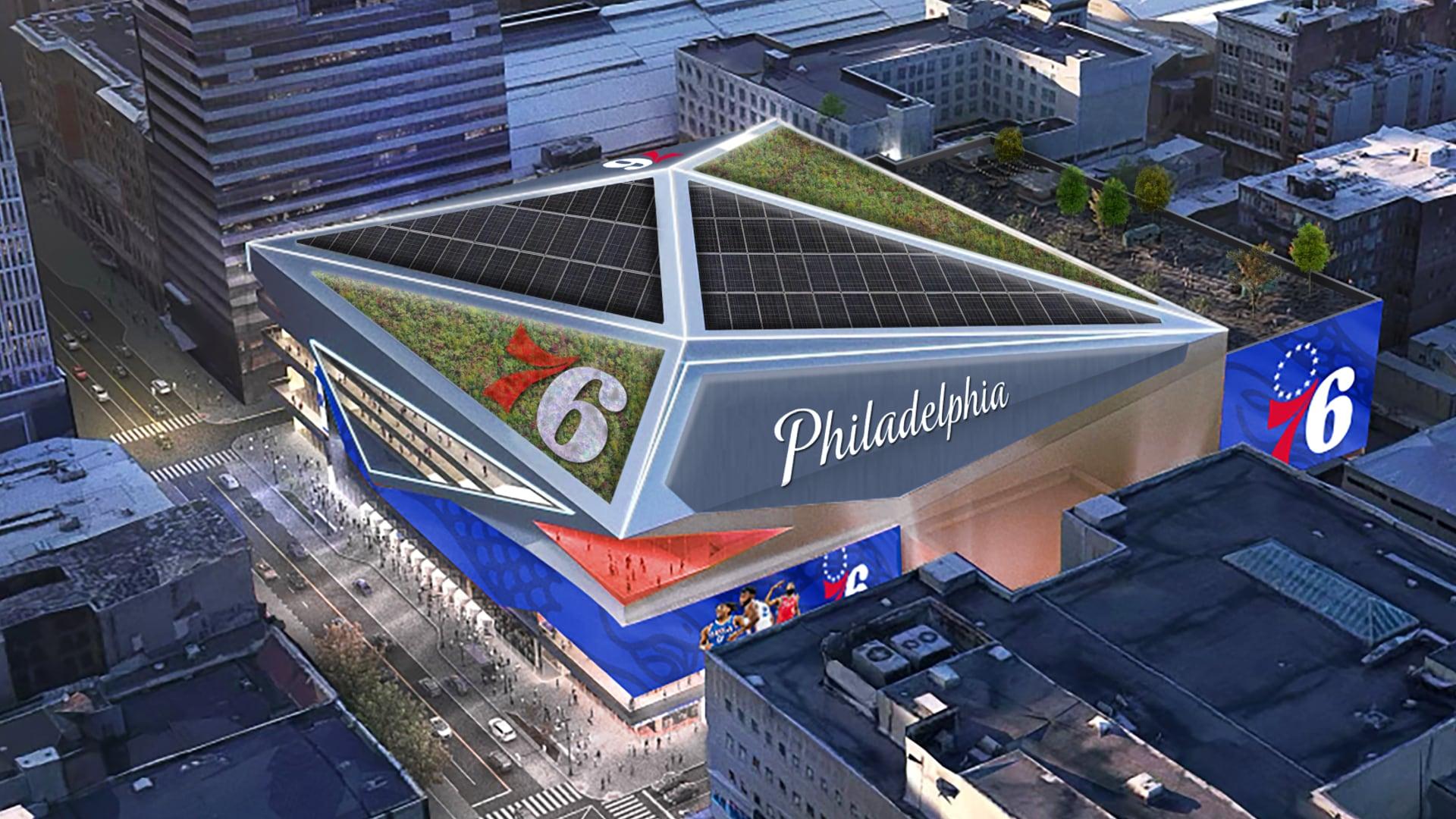Philadelphia 76ers Arena Proposal Faces Last Hurdle as Chinatown Residents Voice Concerns
Philadelphia is at a crossroads: a new, state-of-the-art arena for the Philadelphia 76ers could be rising in Chinatown, but residents are voicing apprehension. This week marks the final hearings determining the fate of the proposed arena, which promises to revitalize the area while also raising concerns about displacement and disruption to the existing community.
The proposal has generated passionate debate. Mayor Jim Kenney’s administration has championed the project, touting its potential economic benefits. At a recent town hall meeting in Mount Airy, Mayor Kenney emphasized the arena’s positive impact, stating: "
"I think it will be a great engine for economic development, not just for the Chinatown neighborhood but for the entire city."
But the proposal has encountered significant pushback from some Chinatown residents who fear the project’s impact on their community.
A group of parents, citing potential harm to local schools due to the arena construction, issued a statement saying:
"“The 76ers arena agreement is bad for our public school students."
Concerns range from increased traffic congestion and parking scarcity to the potential displacement of longtime residents and businesses. Adding fuel to the fire are concerns about the arena’s proposed placement near an active Chinatown seniors’ center.
[Image: Include relevant image of Chinatown or proposed arena location]
The city council has already passed several bills related to the arena, indicating support for the project. However, the final decision rests on the outcome of this week’s hearings. The city council must weigh the potential economic benefits against the concerns of the community, aiming to strike a balance that benefits all Philadelphians.
This week’s hearings promise to be a pivotal moment in the ongoing debate.
The outcome will not only determine the future of the 76ers arena but also set a precedent for future development projects in Philadelphia, shaping the city’s landscape and identity for years to come.
[Social Media Embed: If relevant, include a social media embed here – could be related to the project, public opinion, government updates, or local activism]
## PhillyS Chinatown Arena Showdown: Economic Boom or Community Bust?
Philadelphia finds itself at a critical juncture as city officials grapple with a controversial proposal: a new, state-of-the-art arena for the Philadelphia 76ers in the heart of Chinatown. While proponents tout the project as an economic engine for the city, concerns from residents regarding displacement, disruption, adn cultural preservation threaten to derail the ambitious plan.
To delve into this complex debate,we’ve invited two experts: Dr. Lena Chen, an urban planner and director of the Center for Community Growth at temple University, and Mark Stevens, a sports economics analyst and commentator for ESPN.
Our goal is to shed light on the potential benefits and drawbacks of the arena proposal, exploring the balancing act between economic progress and community well-being.
### The Promise of Progress: Economic revival or Displacement?
**Dr. Chen:** “The 76ers arena undoubtedly holds the potential to invigorate Chinatown’s economy, bringing in new businesses, creating jobs, and generating tax revenue. However, it’s crucial to ensure that these benefits are equitably distributed and don’t come at the expense of existing residents and businesses.”
**Mark Stevens:** “The economic impact studies commissioned by the city project significant growth in tourism and spending. This could translate into a significant boost for Philadelphia’s economic landscape,not just Chinatown itself. The prospect of hosting NBA events, concerts, and other major attractions can be a huge draw for visitors and investors.”
**Dr. Chen:** “While those projections are certainly attractive,history has shown that large-scale development projects can contribute to gentrification,leading to rising rents and small business closures. We need concrete plans to mitigate these risks and ensure affordable housing and commercial spaces are preserved.”
### Community Impact: Balancing Needs and Development
**Mark Stevens:** “The 76ers organization has pledged community engagement and investment programs aimed at mitigating negative impacts on Chinatown. From job training initiatives to partnerships with local schools, they seem committed to addressing concerns head-on.”
**Dr. Chen:** “Community involvement is crucial, but we must move beyond mere promises. We need legally binding agreements that prioritize the needs and voices of Chinatown residents. This includes ensuring access to affordable housing, preserving cultural landmarks, and minimizing traffic and parking congestion.”
**Mark Stevens:** “This project presents an possibility for a truly collaborative approach. The city, the 76ers organization, and the community must work together to find solutions that benefit everyone.”
### The Future of Chinatown: A Defining Moment?
**Dr. Chen:** “The outcome of this arena proposal will have far-reaching implications for Chinatown and Philadelphia as a whole. It will set a precedent for future development projects, highlighting the balance between economic growth and community preservation.”
**Mark Stevens:** “It’s a complex decision with no easy answers. Ultimately, the city council needs to weigh the potential benefits against the concerns of the community, aiming to strike a balance that ensures a thriving Chinatown for generations to come.
**Closing:**
The fate of the Philadelphia 76ers arena hangs in the balance, prompting crucial questions about development, displacement, and community preservation. As the final hearings unfold, Philadelphia must grapple with the challenge of forging a path that benefits both its economic future and the cultural fabric of its vibrant Chinatown community. What do *you* think? Join the conversation and share your thoughts on this impactful story.
**For further reading:**
* “Gentrification and Chinatown: A Comparative Study”
* “The Economics of Stadium Financing: Lessons from Other Cities”
* “The Future of Urban Development: Balancing Growth and Equity”


